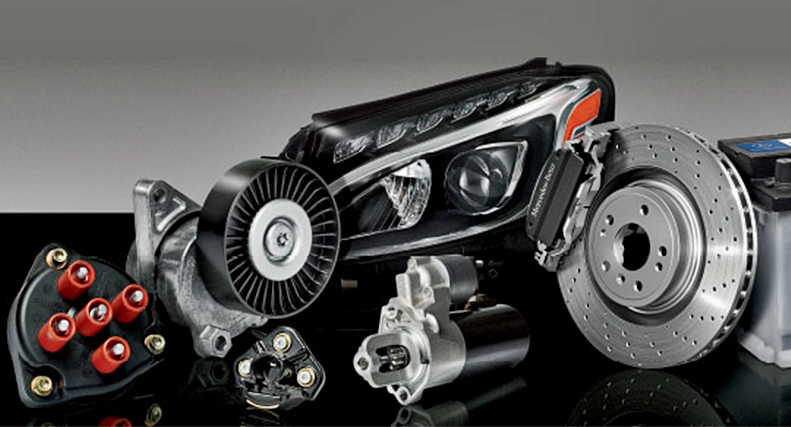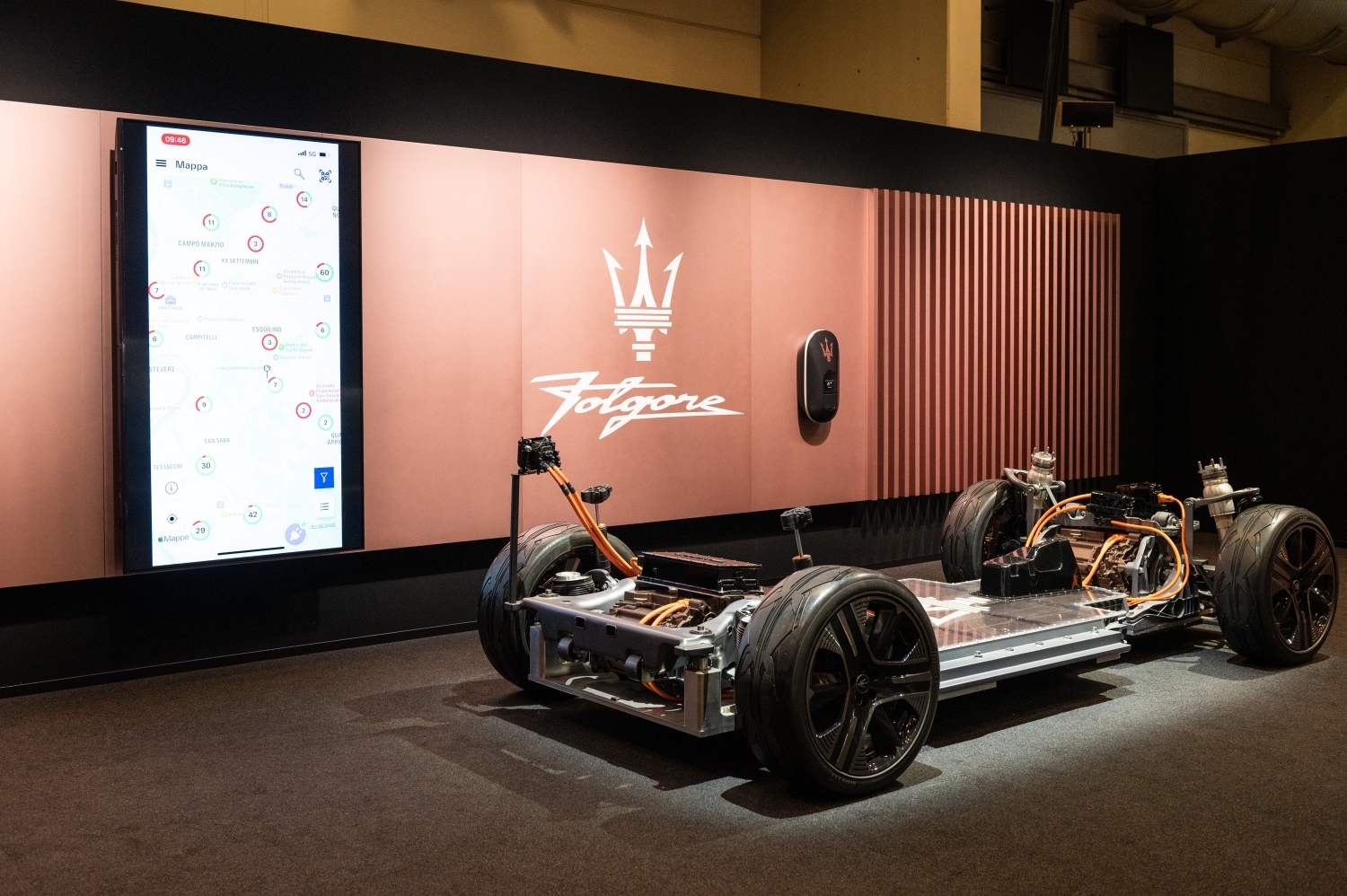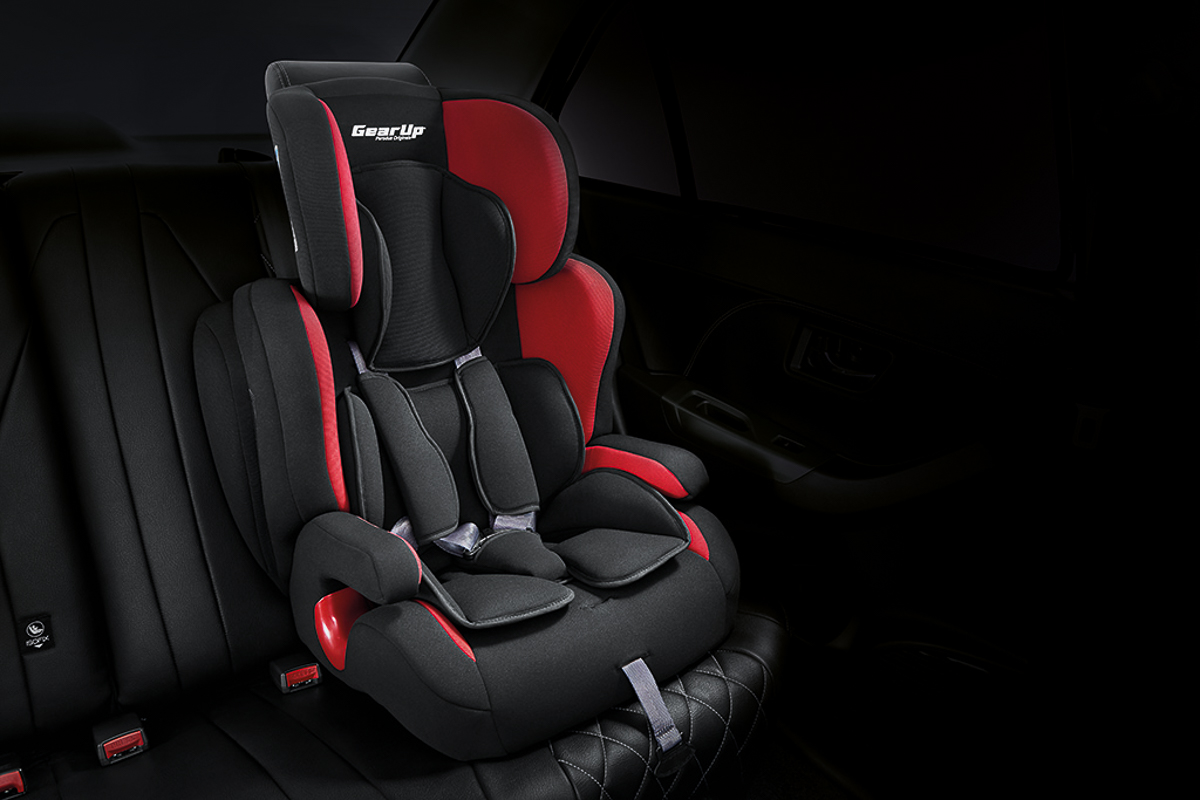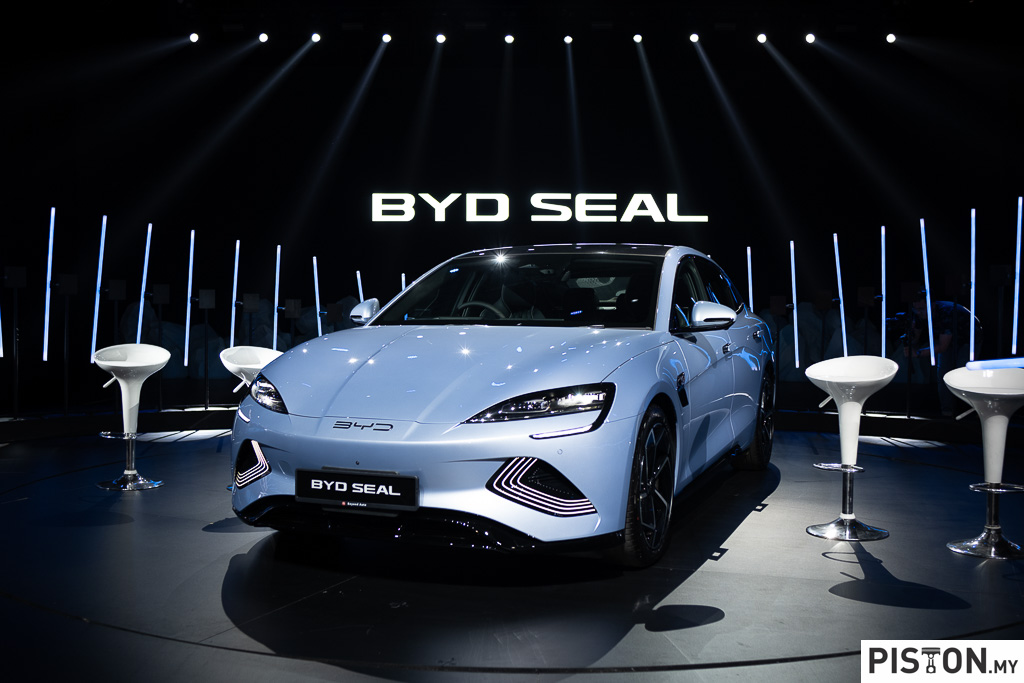Motorists are always urged to use genuine or original parts for their vehicles as the consequences of using fake parts can be fatal. Fake or counterfeit parts are typically made of poorer materials with processes that may also be inferior, which is why they cost much less. Such parts may not last as long as genuine parts at best – and could even break up or fail, causing an accident or severe damage to the engine or other parts of the car.
While there are also replacements parts for many models which are not original parts (ie with the carmaker’s branding and packaging), these are not fake. They are made by other companies and while they may or may not have similar quality and performance standards as original parts, they nevertheless would still meet certain basic standards and would be safe to use.
Counterfeit parts are parts which come in packaging that is identical to the original item, in order to mislead the customers. They would not be sold by authorised parts dealers but are still available in the open market. In recent times, there has also been a growing trade online which worries carmakers such as Mercedes-Benz.
During the pandemic over the past 2 years, sellers of counterfeit parts increasingly used online platforms and social media channels to offer their fake goods. This may have contributed to the significant increase of 6% compared to the previous year (2020) where in 2021 alone, more than 1.86 million counterfeit products were seized in over 650 raids initiated by the German carmaker.
It requires much more effort for brand protection experts to research the online trade in counterfeit products. Counterfeit goods can be placed on online platforms at very short notice and sold with the support of social media. For this reason, Mercedes-Benz has further expanded its strategic and operational measures against counterfeiting in online trading.
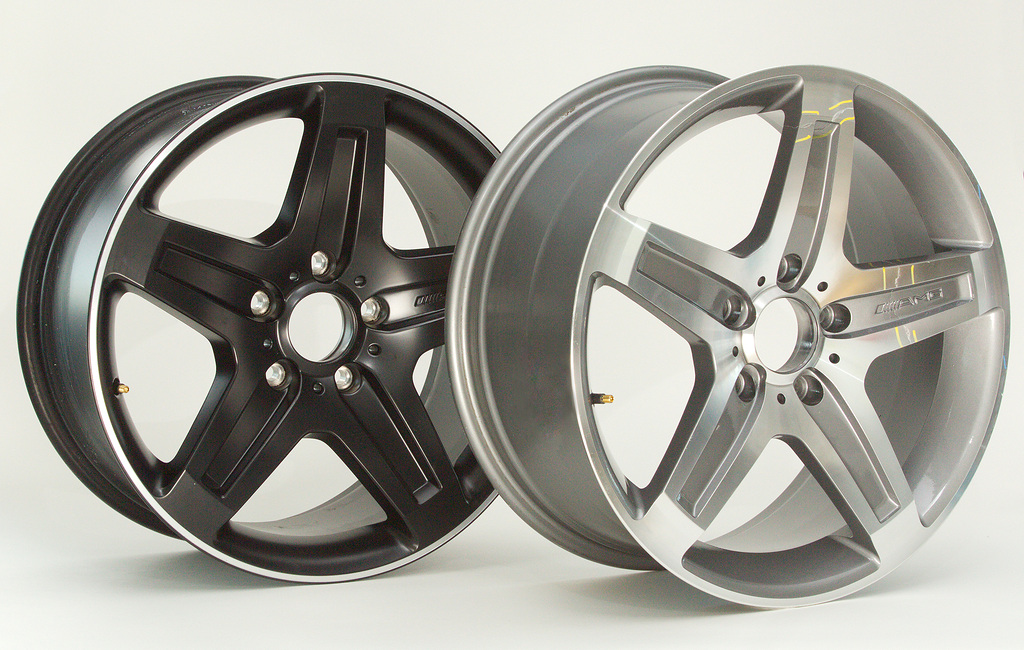
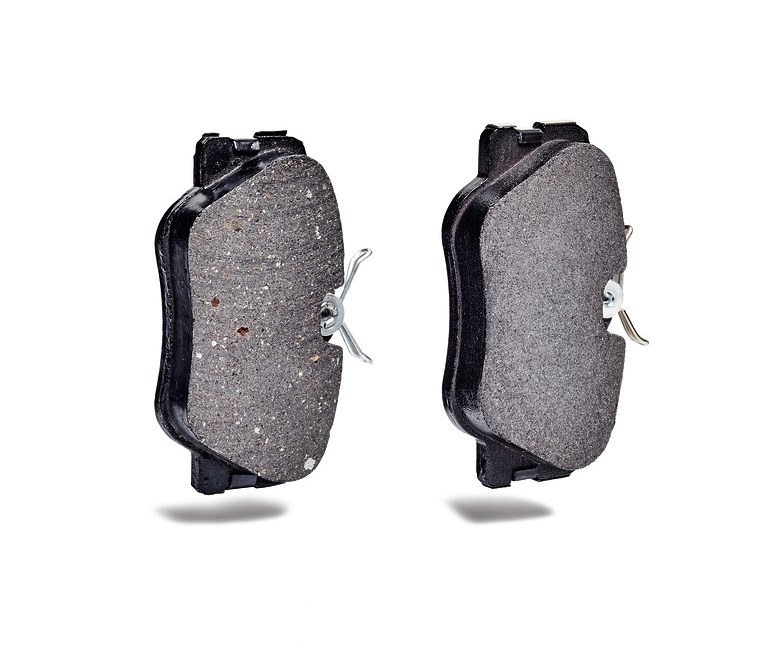
The brand protection strategy comprises three pillars: Detect, attack and prevent. Mercedes-Benz has brand protection experts who can identify counterfeiters by checking suspicious offers on online platforms and social media or trade fairs worldwide. The monitoring focusses on components such as brake discs, wheels and body and steering parts, and rigorous action is taken when possible.
“The trading in counterfeit products on online platforms and social media is further increasing. Our brand protection experts have quickly adapted to the counterfeiting industry’s growing business model. In 2021, more than 126,000 counterfeit products were removed from online platforms,” said Renata Jungo Brungger, Member of the Board of Management of Mercedes-Benz Group AG, Integrity & Legal Affairs.
“The counterfeiting industry has organised crime structures and often generates higher profits than drug trafficking. We are working closely with authorities around the world in order to curtail these structures and combat threats to road safety,” she added. “Counterfeit products are not only illegal, they are also relevant to safety and can endanger the health of road-users.”
In many cases, organised counterfeiters have their goods produced under inhumane conditions with no regard for human rights, environmental standards and occupational safety. The global Mercedes-Benz Intellectual Property Enforcement team works closely with customs and law enforcement authorities in various countries. In addition, it regularly offers training events and information material for the preventive raising of awareness among different target groups.
Recalling a case in 2021, Lita Silje Janisch, Head of the Global IP Enforcement department at Mercedes-Benz Intellectual Property GmbH & Co. KG, said that the driver of a Mercedes-Benz car was travelling at about 130 km/h when unexpectedly, the bonnet popped open and smashed the windscreen. Fortunately, nobody was injured when this happened.

“Upon investigation, our colleagues discovered that the driver had replaced the genuine grille with a counterfeit one ordered on the internet. It was technically faulty manufactured, and prevented the bonnet lock lever from engaging properly when closing. This shows that even more ‘decorative’ vehicle parts can be safety-relevant and you have to be very careful when replacing original parts,” she warned.
Customers and road-users can also support the prevention of product counterfeiting in their daily lives and check unusual offers very carefully. Typical indicators of counterfeit products are an extremely low price, questionable product quality, or sale via dubious online sources. It is often even possible to see from the product images or designations that the parts cannot be genuine, since Mercedes-Benz simply doesn’t manufacture such items!

“It’s not always easy to spot a fake at first glance. However, there are signs that may indicate counterfeiting. In the case of an online shop, one of these may be that the seller offers a conspicuously large number of different brands, or that the prices are unusually low. One should always be wary of apparent bargains on the internet or on parts forums,” Mrs. Janisch advises.


